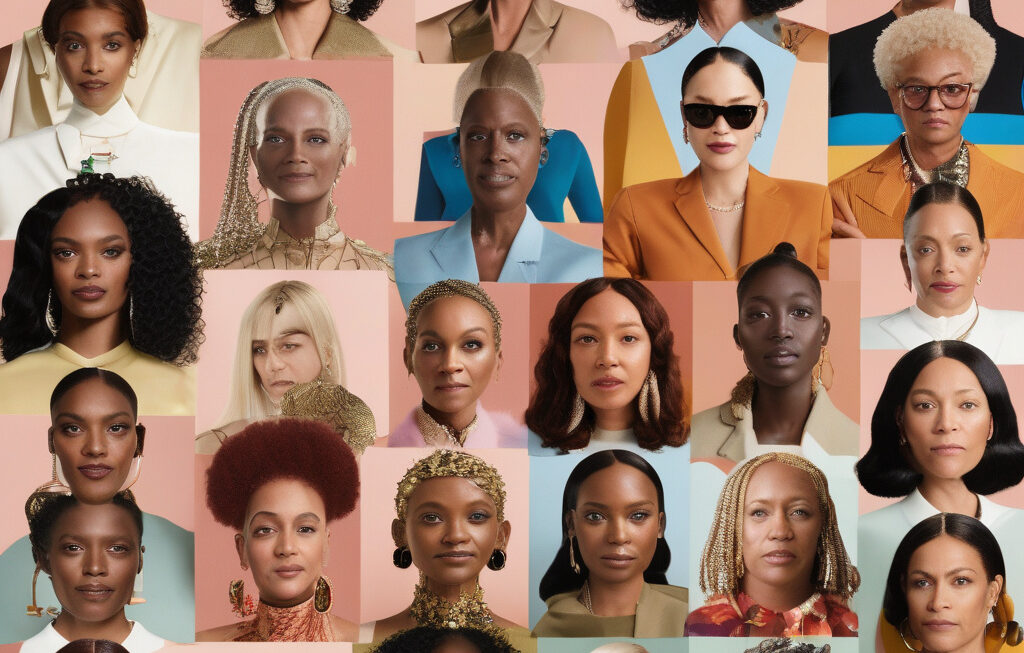The Frayed Edge: Is Fashion Quiet Quitting on Climate?
Fashion, an industry often associated with trends and innovation, is also making its mark in the realm of sustainability and climate action. However, recent developments have raised questions about the commitment of some key players to address environmental concerns. This week, two major fashion brands, Ralph Lauren and Brunello Cucinelli, have taken contrasting approaches that have ignited discussions within the industry.
Ralph Lauren, a household name in the fashion world, recently made headlines by dropping its net-zero emissions target. This move has left many environmental advocates and consumers questioning the brand’s dedication to combating climate change. However, Ralph Lauren has been quick to emphasize its continued focus on more tangible and immediate goals that align with its sustainability strategy. By shifting its attention towards achievable milestones, the brand aims to make measurable progress in reducing its carbon footprint and overall environmental impact.
On the other end of the spectrum, Brunello Cucinelli has taken a defiant stance against short sellers who have raised concerns about the brand’s sustainability efforts. Cucinelli’s outspoken response underscores the growing pressure faced by fashion companies to not only talk the talk but also walk the walk when it comes to environmental responsibility. By defending its sustainability initiatives and values, Brunello Cucinelli is sending a clear message that it remains steadfast in its commitment to prioritizing the planet alongside profits.
In a parallel development, Vestiaire Collective, a leading online marketplace for pre-owned luxury fashion, is exploring innovative ways to engage with the carbon market. By venturing into this arena, Vestiaire Collective is demonstrating its willingness to embrace new solutions that could potentially offset its carbon emissions and contribute to a more sustainable fashion ecosystem. This strategic move not only showcases the brand’s forward-thinking approach but also sets a precedent for other players in the industry to explore unconventional avenues for addressing climate change.
These recent events within the fashion industry highlight the complexities and challenges associated with integrating sustainability into business strategies. While some brands may falter or face scrutiny for their decisions, others are doubling down on their commitments and seeking out novel opportunities to make a positive impact. As consumers increasingly prioritize sustainability in their purchasing decisions, fashion companies will need to navigate this evolving landscape with transparency, accountability, and genuine action.
Ultimately, the frayed edge between fashion and climate action serves as a reminder that the industry’s response to environmental challenges is far from uniform. As brands grapple with competing priorities and external pressures, the path towards a more sustainable future will require collaboration, innovation, and a shared sense of responsibility. Fashion may not be quitting on climate, but the journey towards a greener, more ethical industry is undoubtedly a work in progress.
climatechange, sustainability, fashionindustry, environmentalresponsibility, innovation












